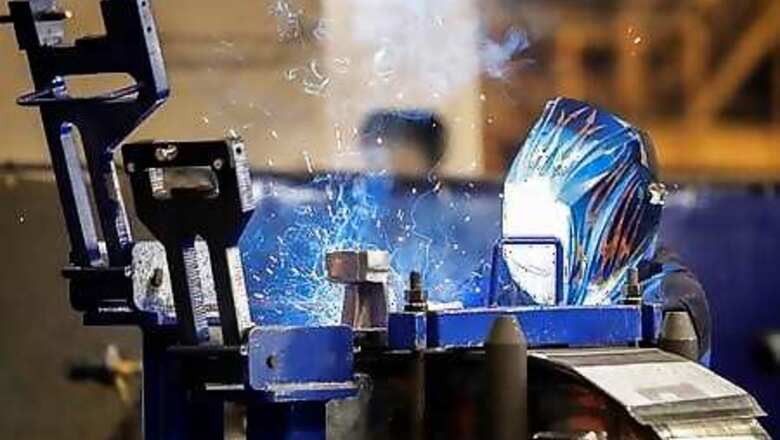
views
WASHINGTON: The U.S. Trade Representative’s office said on Monday it was taking additional steps to curb steel imports from Mexico and Brazil amid difficult domestic market conditions caused by the coronavirus pandemic.
USTR said it was reducing Brazil’s remaining 2020 quota for semi-finished steel imports into the United States to 60,000 metric tons from 350,000 tons “in light of recent deterioration in market conditions brought on by the COVID-19 pandemic affecting domestic steel producers.”
Brazil agreed to the quotas in 2018 in exchange for an exemption from President Donald Trump’s 25% “Section 232” national security tariffs on steel imports.
USTR said it will maintain existing quotas for other steel products and will consult with Brazil about the country’s 2021 quota for semi-finished steel in December, “by which time we hope market conditions will have improved.”
Mexico also agreed in consultations with USTR to establish a strict monitoring regime to address surges in steel pipe, mechanical steel tubing and semi-finished steel exports to the United States. USTR gave no details on how the monitoring regime would work, but said the arrangement will keep in place Mexico’s exemption from Section 232 steel duties.
U.S. Midwest hot rolled steel futures for September delivery were trading at $518 a ton on Monday after hitting a four-year low of $447 a ton last week. Steel futures prices had reached as high as $942 a ton in May 2018, a few weeks after Trump first imposed the Section 232 tariffs on steel imports.
Kevin Dempsey, interim president of the American Iron and Steel Institute, said steelmakers appreciated the actions to curb imports amid a sharp drop in demand.
“So far in 2020, raw steel production is down 20% compared to the same period last year and steelmaking capacity utilization has only averaged approximately 66% this year so far, compared to nearly 81% during the same period last year,” Dempsey said in a statement. “These difficult conditions make the industry even more vulnerable to surges in imports.”
Disclaimer: This post has been auto-published from an agency feed without any modifications to the text and has not been reviewed by an editor















Comments
0 comment